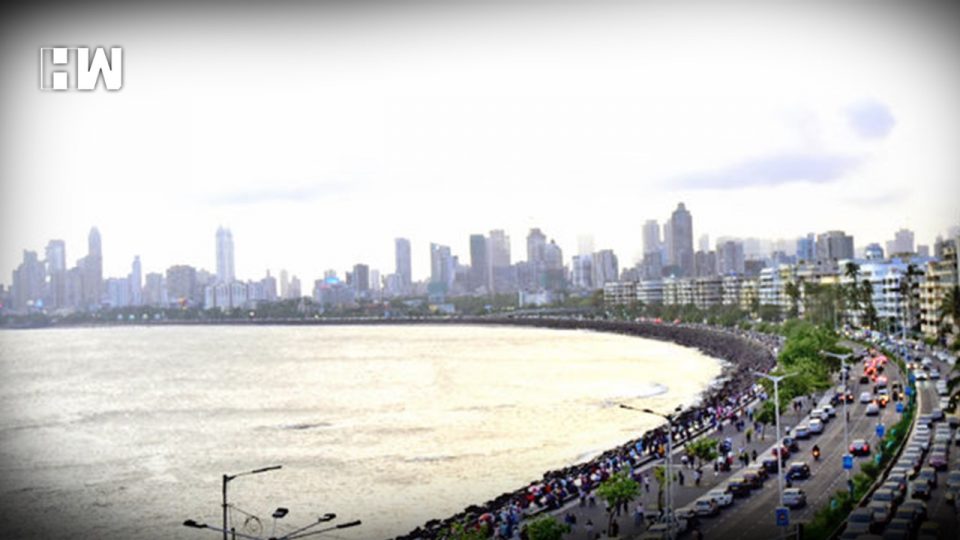New Delhi: Mumbai on Tuesday (January 11, 2022) reported 11,647 new COVID-19 cases, a drop of 2,001 from the previous day. The country’s financial capital has so far recorded 9,39,867 coronavirus infections, the data by the Brihanmumbai Municipal Corporation (BMC) showed.
From these new cases, 83 percent of people are asymptomatic. As of now only 851 patients have been admitted to the hospital. 76 Patients are on oxygen support.
As per the BMC, two fresh fatalities linked to the infection took the city’s death toll to 16,413.
Over 62,000 tests have been carried out in the past 24 hours in the city. And the city reported fewer cases than Monday despite 2,855 more COVID-19 tests carried out on Tuesday.
The coronavirus positivity rate in Mumbai has now dipped to 18.75 per cent from over 23 per cent a day ago.
Since March 202, when the pandemic broke out, Mumbai reported its highest-ever number of daily coronavirus cases on January 7 this year. But since then the number has been declining. Tuesday, notably, was the fourth day in a row when the city witnessed a dip in daily infections.
Mumbai witnessed 19,474 cases on January 9, 20,318 on January 8, 20,971 on January 7 and 20,181 infections on January 6. Currently, the city has 1,00,523 active COVID-19 cases.
Mumbai has also witnessed decline in the number of sealed buildings and containment zones in slums and ‘chawls’ (old row tenements). As per the BMC, Mumbai presently has 63 sealed buildings, but zero containment zones, while on Monday, the city had 168 sealed buildings and 30 containment zones.
Amid the spike in covid nationwide, an IIT Kanpur professor has stated that the peak of the infection will hit India by January-end. Manindra Agrawal said that the cases will overtake the infections recorded during the second wave of coronavirus in India.
He also informed that the cases will decline very sharply and by March, it will be over.
“As per preliminary data, cases (nationally) will peak by the end of this month and are likely to cross second wave numbers. Since this time the peak is coming up very rapidly, the rise is very sharp,” Manindra Agrawal told ANI.
“We expect the decline also to be equally sharp and if the peak hits in January, then by the middle of March, the wave will be over,” he said.
The IIT Kanpur professor also stated that as Delhi is reporting more than 22,000 cases per day, the national capital will report almost 40,000 infections per day at its peak which is expected to hit in mid-January.
“Cases in Delhi, Mumbai, Kolkata are likely to peak around the middle of this month, in the next few days in fact. But this wave will be almost over by the end of this month in these cities,” he said.
As an independent media platform, we do not take advertisements from governments and corporate houses. It is you, our readers, who have supported us on our journey to do honest and unbiased journalism. Please contribute, so that we can continue to do the same in future.

